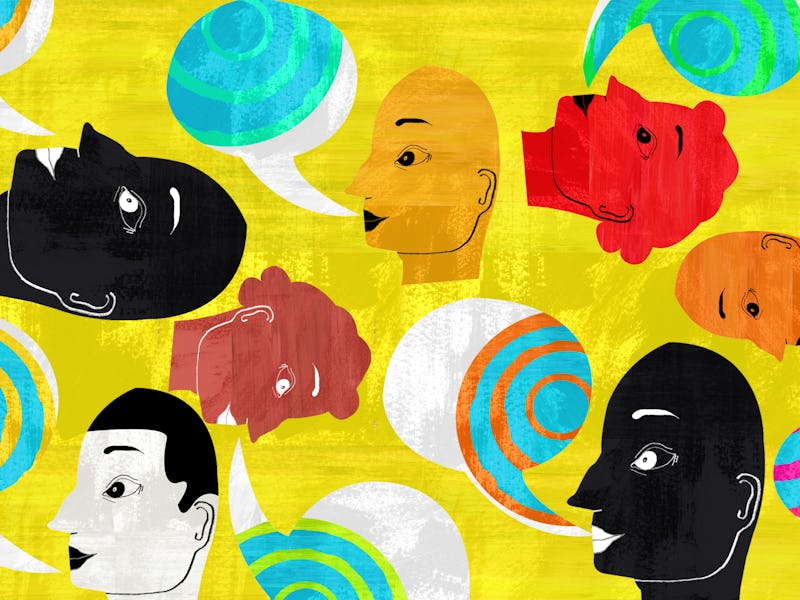Persuasion and pushback: How to change someone's mind
In this episode, we discuss how applying key scientific strategies can help win arguments and change someone’s mind.

While life always provided fodder for colorful dinner conversations, 2020 has taken things up a notch.
Debates over masks, vaccines, or the next presidential election can be productive. But at a time when our mental health feels like it’s hanging by a razor-thin thread, the final test of whatever patience we had left is likely to take place at the kitchen table.
Futile as some attempts seem, don't back away. While tricky conversations about polarizing issues can lead to heated arguments, experts have come up with practical methods to help get your point across and avoid an awkward standoff. These key persuasion strategies can leave you armed and ready for any delicate conversation to come.
In this episode of The Abstract, we discuss how applying key scientific strategies can help win arguments and change someone’s mind.
Our first story is about the science-backed way to win an argument. By rethinking how we approach people’s barriers to change, we can actually come together and see eye to eye, even on the most difficult subjects.
Our second story tackles one of the year’s most heated debates: the Covid-19 vaccine. While scientists have long studied how to persuasively discuss vaccines, the coronavirus pandemic presents new challenges. Luckily, research offers hope for productive conversations, as well as new evidence that people can actually be convinced.
Read the original Inverse stories:
- How to win arguments and actually change someone's mind
- 5 tips for talking to vaccine-hesitant people about coronavirus
Where to find us:
- Subscribe to The Abstract wherever you listen to podcasts: iTunes | Spotify | TuneIn | RadioPublic | Stitcher
- Follow Ali Pattillo on Twitter
- Follow Emma Betuel on Twitter
- Follow Inverse on Twitter
- We're hosted and produced by Tanya Bustos
—
Right now, facts and science matter more than ever. That's part of the reason for The Abstract, this all-new podcast from the Inverse staff that focuses exclusively on science and innovation. Three new episodes are released a week, and each covers one theme via two related stories. Each features audio of original Inverse reporting, where the facts and context take center stage. It's hosted by the Tanya Bustos of WSJ Podcasts. Because we're Inverse, it's all true but slightly off-kilter. It's made for people who want to know the whole story. —Nick Lucchesi, executive editor, Inverse
This article was originally published on